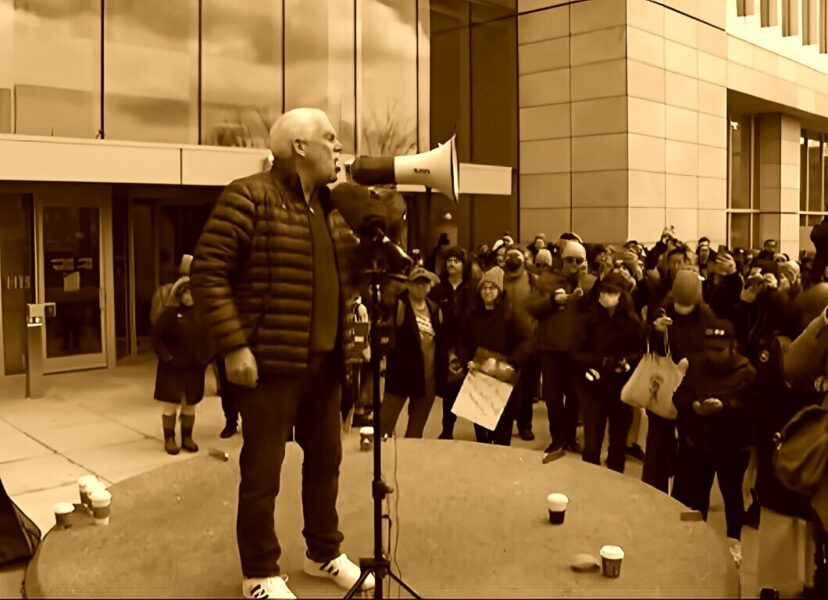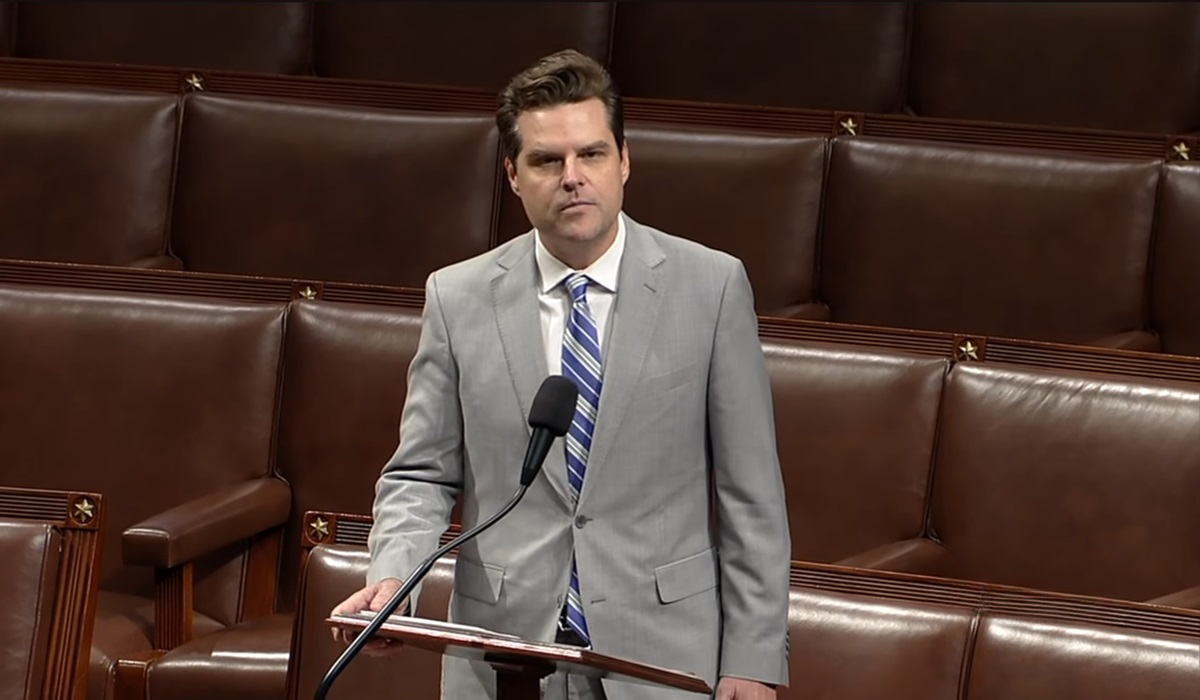The PSAC Strike: A Reminder of the Importance of Effective Negotiations
- TDS News
- Breaking News
- April 23, 2023

The Public Service Alliance of Canada (PSAC) has been on strike now for five days with no contract in sight. The union is demanding a 13.5 percent raise over three years, while the government has offered a nine percent increase. This disagreement has resulted in a war of words between Treasury Board President Mona Fortier and union President Chris Aylward, with both sides accusing the other of not doing enough to bring the strike to an end.
The PSAC represents approximately 155,000 federal employees across Canada, including those in administrative, technical, and operational roles. The strike has caused disruptions in various government services, with the passport department being hit the hardest. After managing to reduce wait times for passports to a manageable level following the pandemic, the strike has put the department on hold, with only emergency services being provided.
The strike has left many Canadians feeling frustrated, with both sides appearing to be unwilling to compromise. The longer the strike continues, the greater its impact on the Canadian public. While the union is fighting for better wages and working conditions for its members, the government is trying to balance the budget and avoid adding to the national debt.
The PSAC has argued that its members have not had a pay raise in over two years and that inflation has eroded their purchasing power. The union has also accused the government of not taking the negotiations seriously and stalling for time. In contrast, the government has argued that it has made a fair offer, given the economic climate, and that the union’s demands are unreasonable.
The issue of fair compensation is not unique to the PSAC, as many workers across the country have been feeling the pinch of rising costs of living. The COVID-19 pandemic has also highlighted the importance of essential workers and their contribution to society. Many have argued that these workers, including those in the public service, deserve better compensation and recognition for their hard work.
The strike has also highlighted the ongoing issue of labour relations between the government and unions. Strikes are a legitimate tool for unions to negotiate better wages and working conditions, but they also come at a cost. The longer a strike lasts, the greater the impact on the economy and the public.
The government has options when dealing with strikes, including legislating employees back to work. However, this approach is often viewed as heavy-handed and can strain relations with unions. The government has also been criticized for not doing enough to prevent strikes from occurring in the first place by engaging in constructive dialogue with unions.
The PSAC strike has reignited the debate over the role of unions in the public sector and their ability to negotiate for fair wages and working conditions. Unions have historically played an important role in protecting workers’ rights and ensuring fair compensation. However, as the economy evolves, so must the collective bargaining process to prevent future strikes.
The government is responsible for ensuring that the public sector is operating efficiently and effectively. This includes balancing the budget and avoiding adding to the national debt. However, it is also important for the government to recognize public sector workers’ contributions and ensure they are compensated fairly.
When negotiations between an employer and a union reach a striking stage, it is clear that both sides have failed to do their jobs. Negotiations are a critical aspect of the collective bargaining process, and both parties must negotiate in good faith and reach a fair agreement. Strikes can have severe consequences for workers, the economy, and the public, and they should only be used as a last resort.
It is time for a change in how negotiations occur in the future. Both the government and unions need to recognize the importance of constructive dialogue and collaboration in the negotiation process. Negotiations should not be seen as a zero-sum game but rather as an opportunity to find common ground and work towards a mutually beneficial agreement. By working together, employers and unions can ensure that workers are fairly compensated while also balancing the needs of the organization and the economy as a whole. The PSAC strike serves as a stark reminder of the importance of effective negotiations and the consequences that can result when both sides fail to do their jobs.








